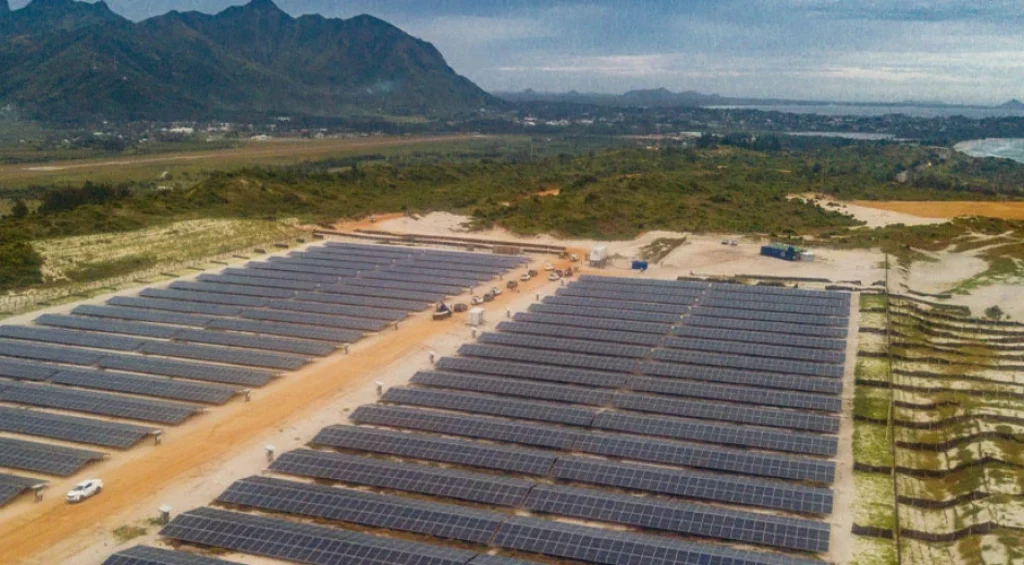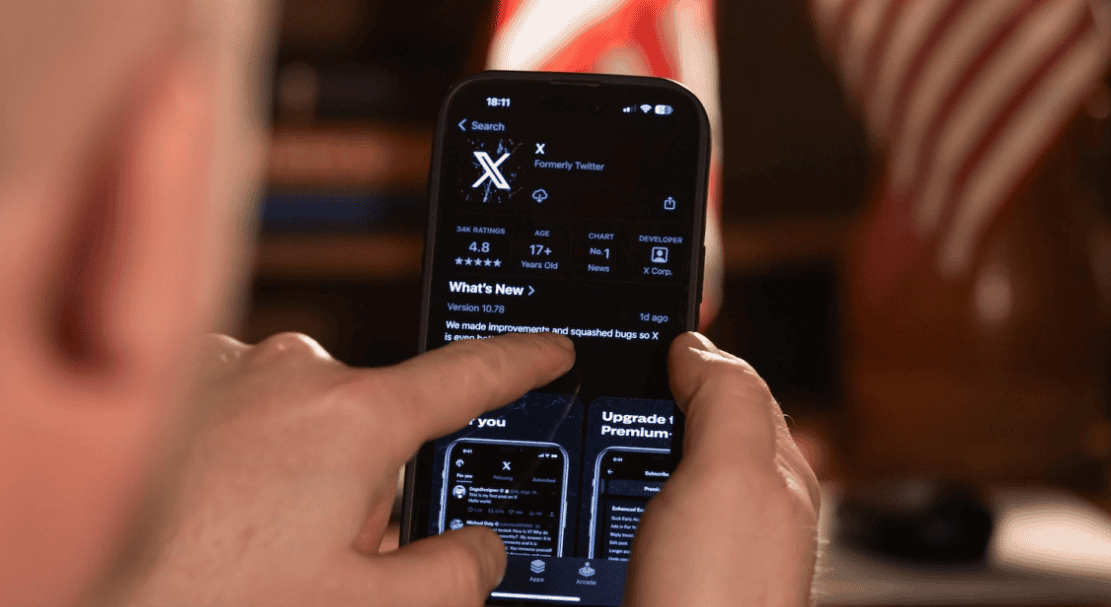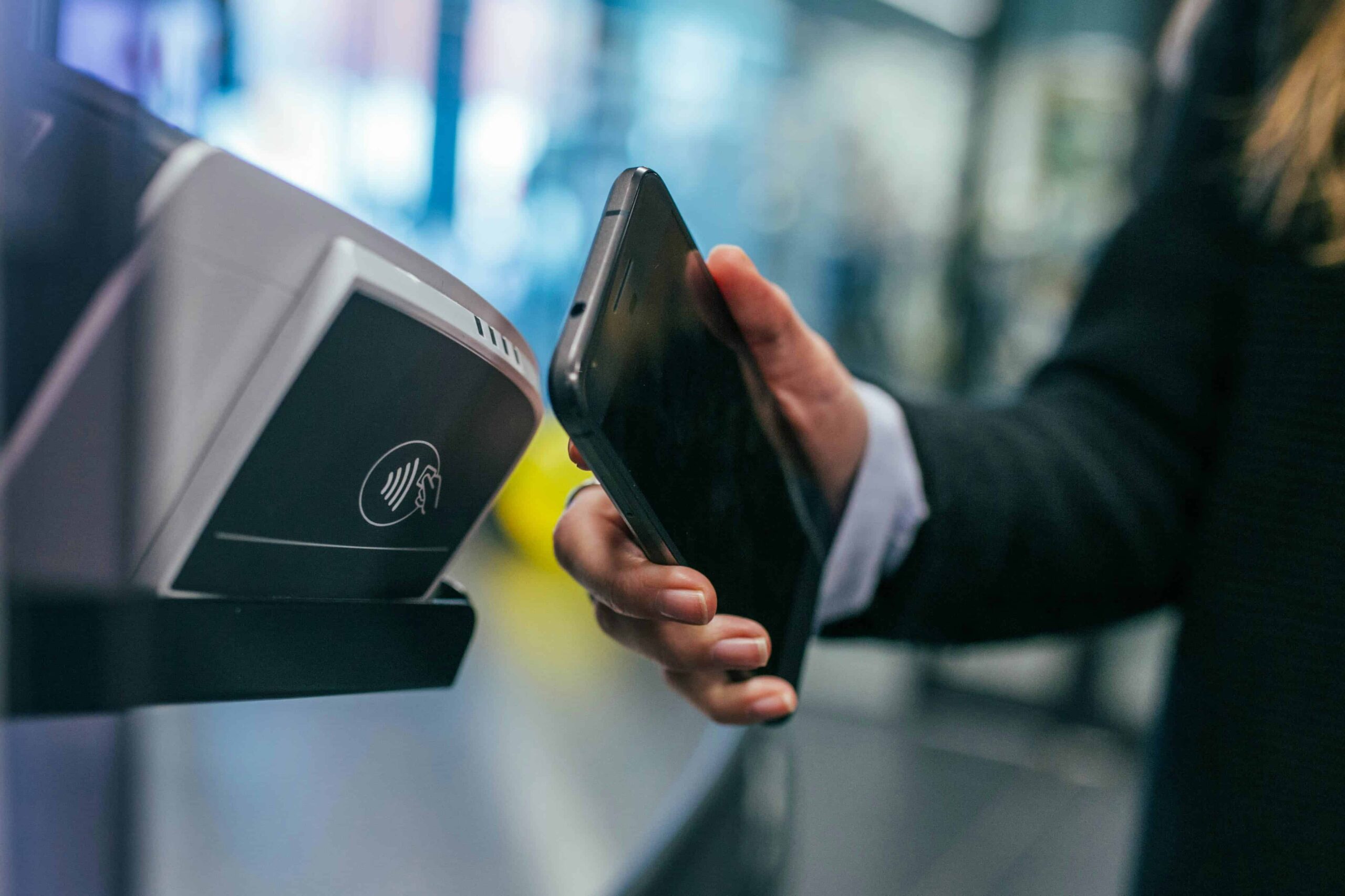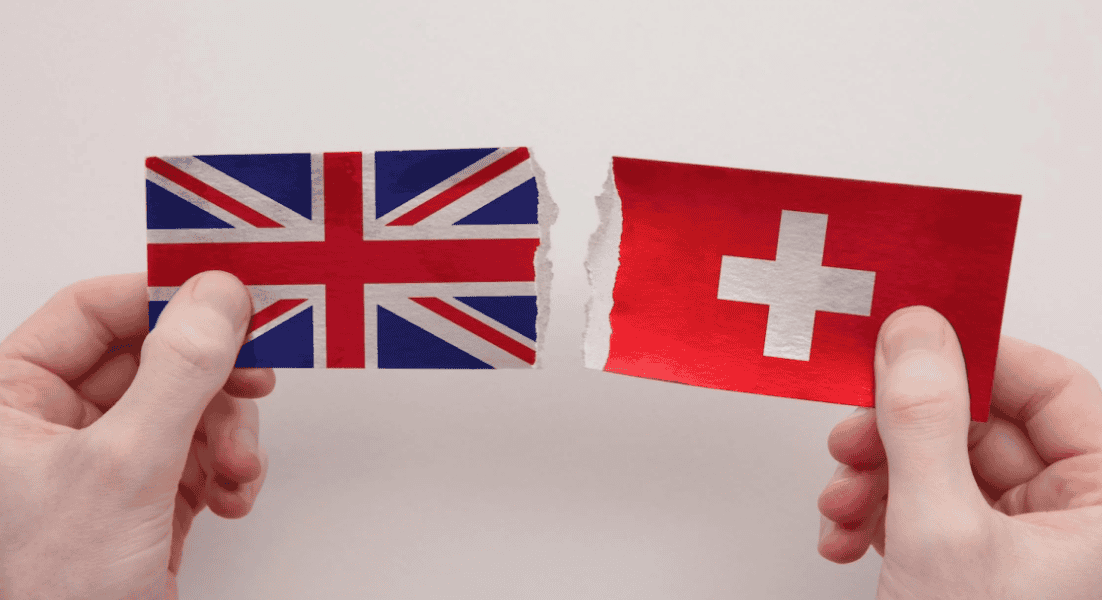Madagascar is endowed with significant renewable energy resources and yet has one of the largest energy access deficits in the world. Only 36% of the population has access to electricity. For those who do, the service is often unreliable. The recent power cuts (load-shedding that is becoming the norm), which severely impact households and businesses, underscore that if there’s a high-priority sector in which the country needs to invest to boost its growth, it’s energy.
Madagascar’s energy crisis stems from various factors that have accumulated over the decades: the national water and electricity company, JIRAMA’s fuel oil dependency, low hydroelectric production due to water shortages, financial and operational deficits, and outdated infrastructure for electricity production, transmission and distribution, resulting in losses.
To avoid a repeat of these long power cuts next year and in the years to come, immediate and urgent measures must be taken. In the short term, we need to focus on increasing electricity production by renovating JIRAMA’s existing power plants, encourage the private sector to immediately develop and build new solar power plants, overhaul private sector power plants and strengthen the transmission and distribution network.
We are delighted to see Malagasy President Andry Rajoelina pledge, alongside 30 African leaders at the Mission 300 African Energy Summit held in Tanzania in January 2025, to implement reforms and concrete measures to expand access to reliable, affordable, and sustainable energy. Madagascar is among 12 countries presenting their National Energy Compact. For Madagascar, the Compact aims to connect 2.2 million people annually, including 1.8 million through private-sector mini-grids and solar home systems. This Compact also calls for an environment conducive to private-sector participation and seeks $4.5 billion in private investment.
Solving Madagascar’s energy crisis hinges on the involvement of the private sector. To unleash their potential, they must be provided with the space, confidence, and support to invest. This involves improving JIRAMA’s operational and financial viability and establishing a trustworthy investment environment where investors can be sure of a return on their investment. If these measures are in place, the private sector could increase production capacity by at least 130 MW by the end of 2026, reducing outages and allowing households and businesses to operate consistently and strengthen. However, given the current situation, mobilizing private investment for on-grid generation is extremely challenging due to JIRAMA’s financial strain. With an annual deficit of approximately $250 million and arrears amounting to $400 million, private electricity suppliers face delayed payments, hampering their ability to invest in critical projects.
Without private investment, achieving 80% electricity access by 2030 is simply unattainable—Our experience with the Least-Cost Electricity Access Development Project (LEAD) project, which supports around twenty private-sector companies capable of reaching remote and isolated areas, has demonstrated the strength and added value of private sector involvement. The Off-Grid Market Development Fund (OMDF), established to support private sector deployment, has already helped nearly 1,5 million people (303,000 connections) across the country gain access to energy. The DECIM Fund ($97 million), launched on January 23, 2025, as part of the Digital and Energy Connectivity for Inclusion in Madagascar (DECIM) Project, will significantly help the private sector scale up the results of OMDF.
We had the chance to speak with many private-sector companies, and the good news is that they’re ready and eager to invest in providing more energy through hydro, solar, and other power plants in Madagascar. If these investments move forward, Madagascar’s energy access will take a significant leap, transforming lives and businesses across the nation.
At the World Bank Group, we firmly believe that partnerships and collaboration are key to advancing energy access in Africa. We’re deeply committed to supporting Madagascar in this endeavor through projects like LEAD and DECIM, as well as energy sector reforms. We stand ready to increase financing and technical support. However, we call on the government to continue much-needed reforms to ensure JIRAMA’s financial viability and to actively encourage and facilitate private sector participation.
We must join forces, working harder, smarter, and together to achieve an energy breakthrough in Madagascar. By empowering the private sector, we can drive Madagascar toward universal energy access, lighting up the future for millions of Malagasy.
source : World Bank Blogs







































































